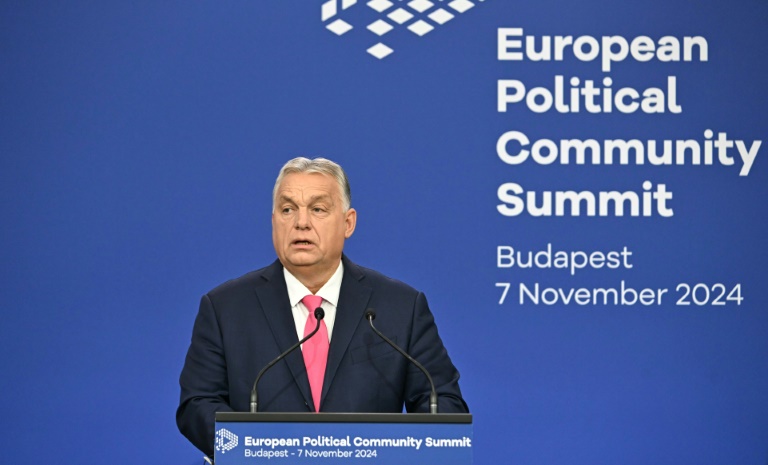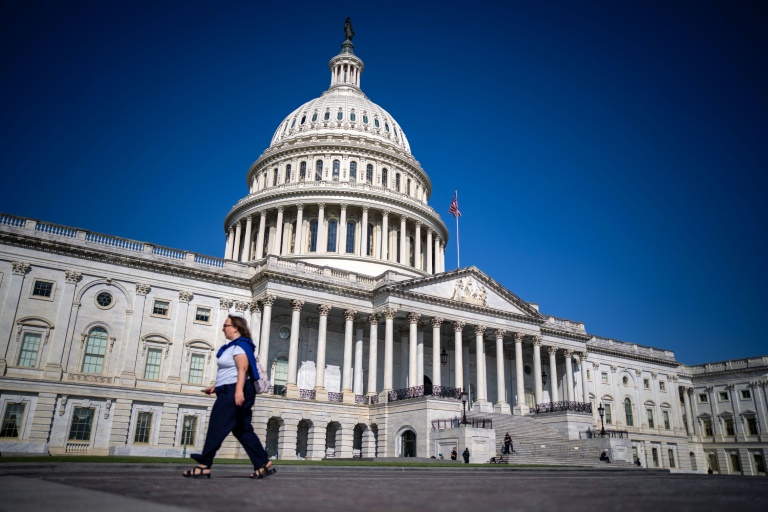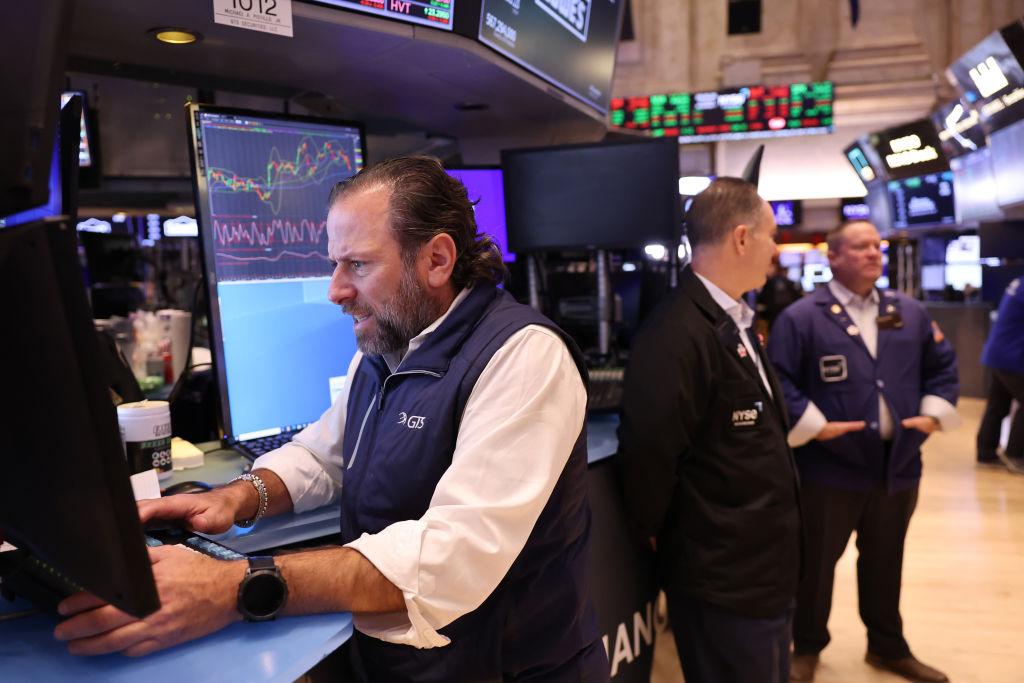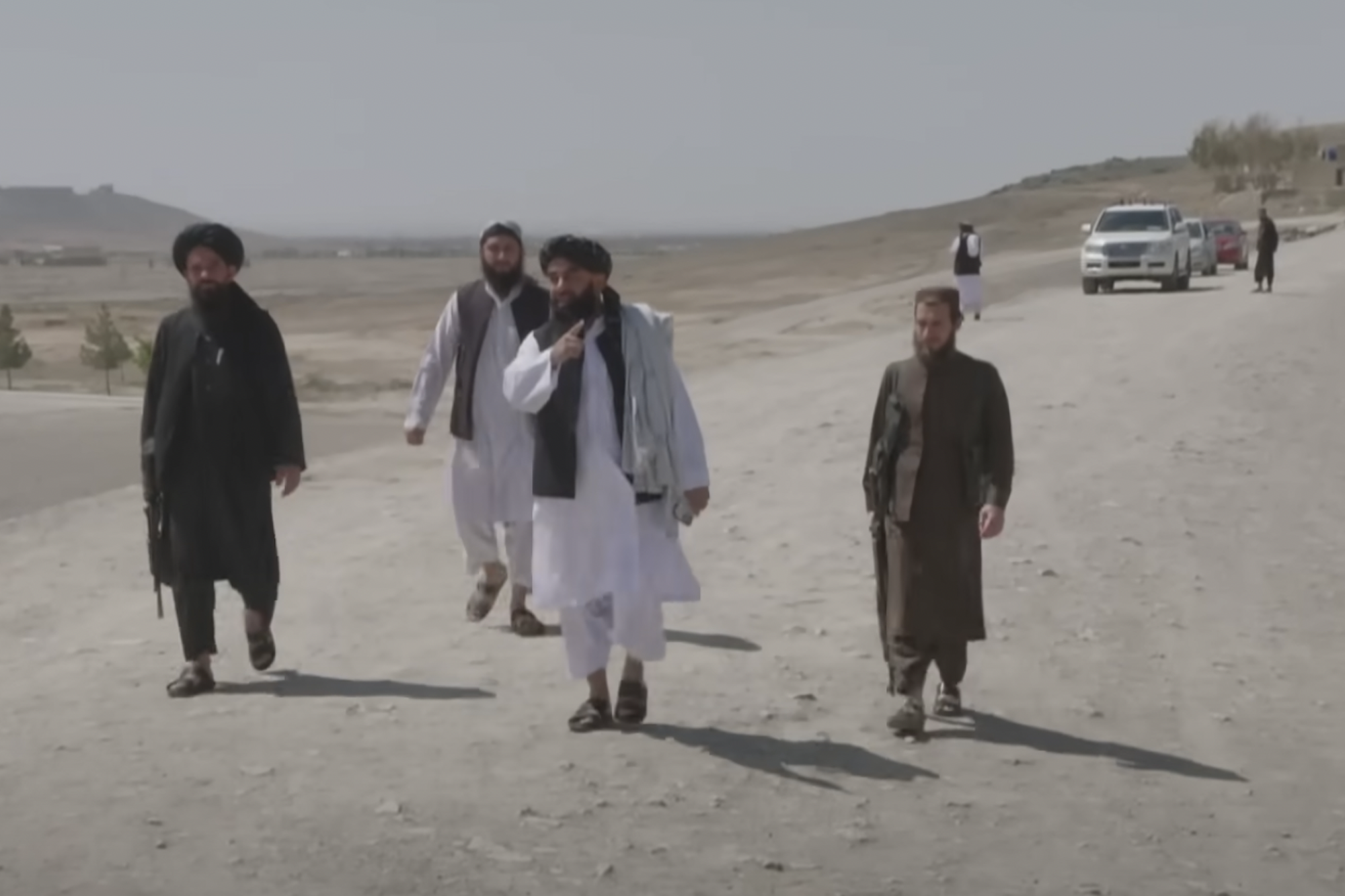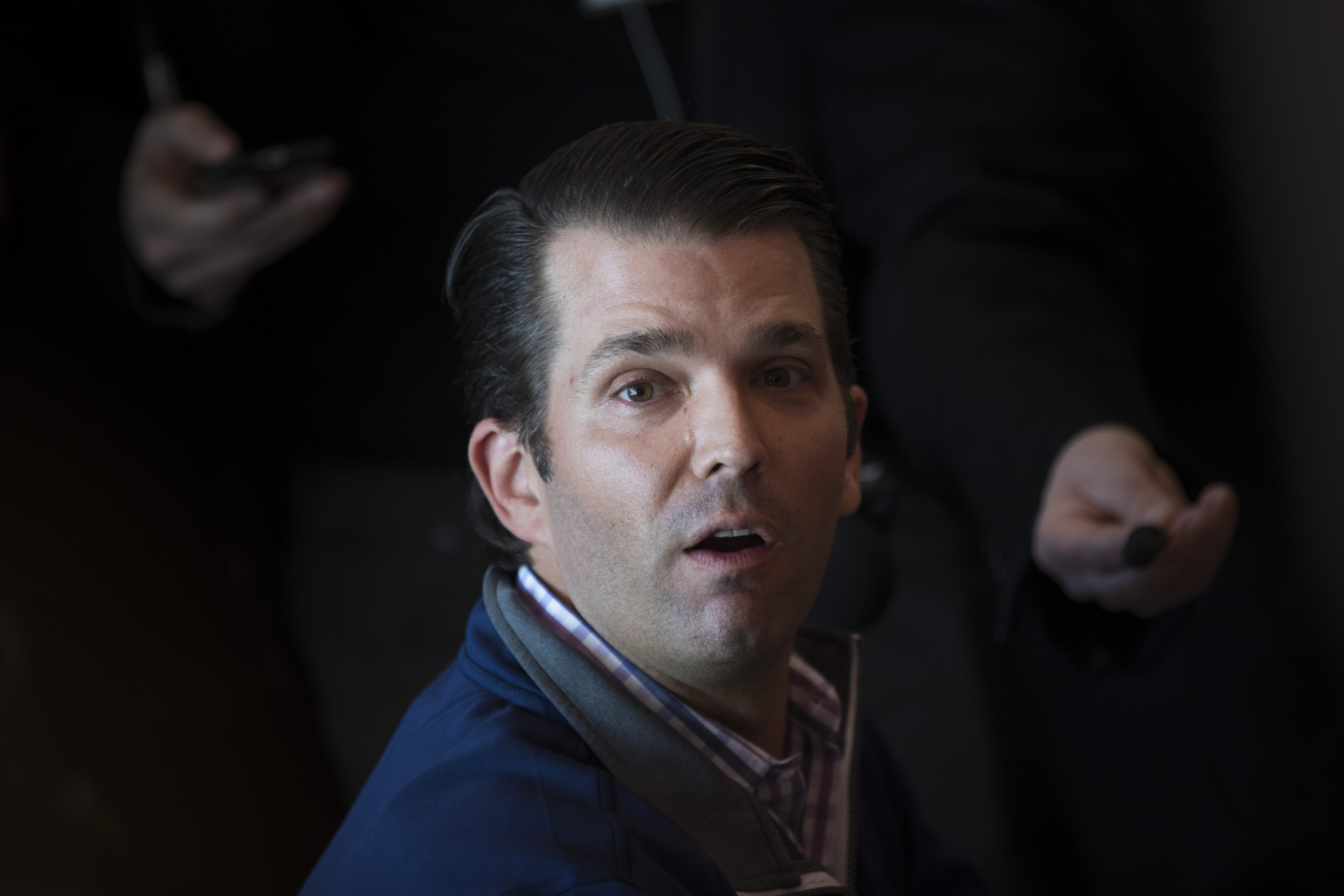Hungarian Prime Minister Viktor Orban, fresh from celebrating Donald Trump’s presidential win, savoured his moment in the spotlight Thursday as he welcomed more than 40 European leaders to Budapest for a summit.
Orban, the closest ally of both Trump and the Kremlin in the European Union, has repeatedly infuriated the bloc’s fellow leaders with his rogue diplomacy.
That has left Hungary, which holds the European Union’s rotating presidency, increasingly isolated, but this week Budapest hosts the 47-nation European Political Community (EPC) summit on Thursday followed by an informal EU leaders’ meeting on Friday.
“All of Europe is on the pitch,” Orban proudly declared in a Facebook post before a livestream of him greeting foreign leaders with a satisfied smile and firm handshakes.
Following a friendly embrace with French President Emmanuel Macron and cordial exchanges with Turkish President Recep Tayyip Erdogan, Orban also put on a good show with Ukrainian President Volodymyr Zelensky, despite a visibly more tense climate.
In his eight-minute address, he adopted an unusually moderate tone, far from his regular and increasingly virulent attacks against Brussels.
After Trump’s victory, Orban “is in the position he likes best: being a bridge” between Europe and the United States, said Stefano Bottoni, an Italian-Hungarian historian at the University of Florence.
Additionally, the leader of the “small” central European country of 9.6 million people is playing “at home” this time, Bottoni said. The summit takes place in a stadium, the Puskas Arena, built in 2019 and championed by the football-loving premier.
“I wouldn’t be shocked if he were to surprise his audience Orban-style,” Bottoni told AFP, describing the nationalist leader as a “friendly” but “unpredictable” host amid rumours a videoconference with Trump could take place.
Speaking to his counterparts on Thursday, Orban — who has called for peace negotiations between Kyiv and Moscow — stressed the importance of “trans-Atlantic relations” for a solution to the conflict in Ukraine sparked by Russia’s invasion.
While Orban has a direct line to Trump, according to his proponents, the links between American and Hungarian conservative intellectuals have also intensified significantly in recent years.
In Orban’s camp there was jubilation on Thursday, far from the pressure the premier is facing as a newly emerged rival poses the most serious challenge to his 14-year rule.
“We are always told we are isolating ourself” but 47 leaders are rushing to Budapest, including the Ukrainian head of state, Tamas Menczer, head of communications for the governing Fidesz party, said on Facebook.
“And meanwhile, the German government is collapsing… France has long since lost its reputation for political stability, and the list goes on.”
Orban drew criticism in July by conducting breakaway diplomacy with Russia to explore a path to ending the war in Ukraine, just days after taking over the EU’s rotating six-month presidency.
He stoked anger again last month by travelling to Tbilisi to show support for Georgia’s governing party after a disputed parliamentary election.
After a series of boycotts of European meetings organised since July in the Hungarian capital, all the leaders are present this time.
This summit is “quite a symbol”, Zoltan Kiszelly, director for political analysis at the pro-government Szazadveg think-tank, told AFP.
The European Political Community (EPC) summit on Thursday is particularly favourable to Orban, who can show off his good relations with Georgia, Serbia and Turkey.
The more restricted gathering of the 27-nation EU on Friday may prove more complicated to manage given the tense relations between Hungary and the rest of the bloc.
AFP
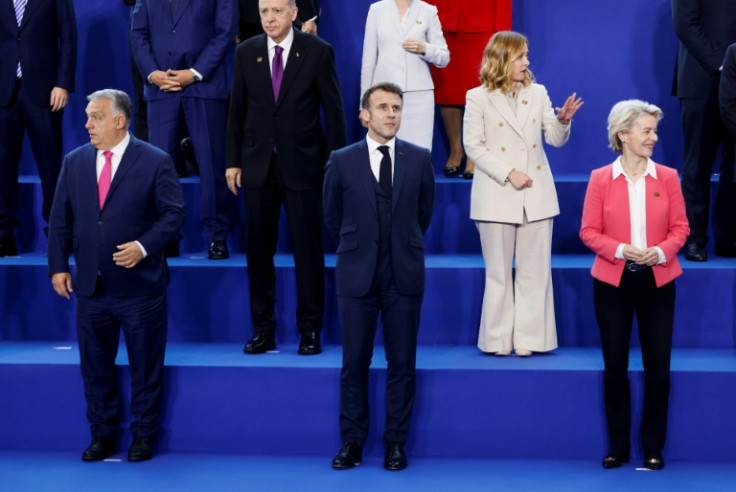
AFP

